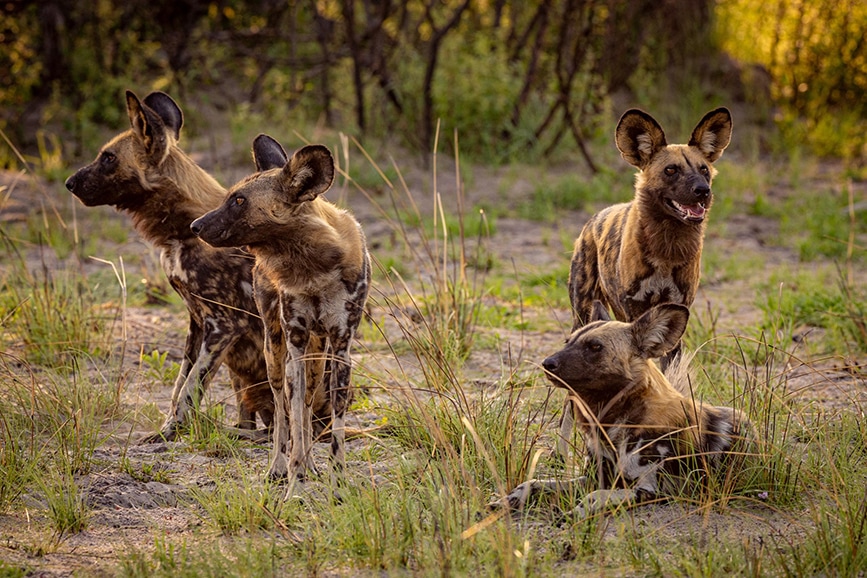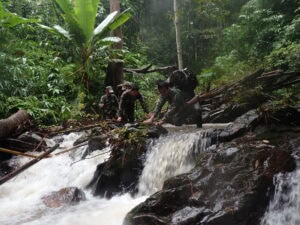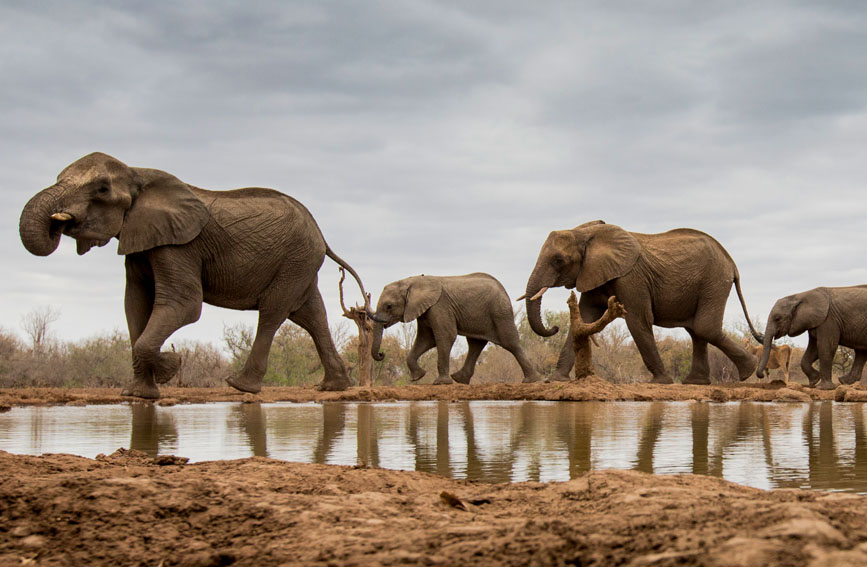Stopping wildlife poisoning in Mozambique

On the frontline of conservation, rangers need to do the detective work to stop poachers who are using poison to kill creatures great and small.
According to Tim Snow of Parque Nacionale do Limpopo, in Mozambique, much is being done to combat poaching in the region, especially with tracking and arresting poachers; however, criminals are often not prosecuted due to lack of evidence.
“The objective of our project is to successfully prosecute criminals in court as a direct consequence of the forensic training of rangers and law enforcers,” Tim said.
“Pesticides are used as poisons as they are freely available, inexpensive and easy to use. Many African countries also lack pesticide regulations, forensic field capacity, and testing facilities.”
Poachers have even used poison baits to kill sentinel animals such as vultures that circle above elephant or rhino carcasses, to avoid detection of the crime scene.
Farmers too have resorted to illegal methods to protect their livestock from potential predators, leaving poison bait to kill African wild dogs, lions and leopards.
Thin Green Line funded training manuals, protective gear, and sample kits for collection of evidence. This training empowered 30 rangers to investigate wildlife poisoning crime scenes, collect samples for toxicology, prepare reports, follow legal processes, and testify in court.



